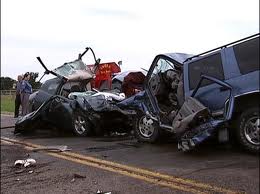
As many of you know, I often watch oral arguments in the Georgia Supreme Court via its livestreaming capability on its website. I encourage you to watch, as well. If you are reading my blog it means you must be interested in Georgia law, and what better way to gain some insight than to watch arguments before the State’s highest court? Having available online the live streaming of oral arguments really is a public service to Georgia citizens and a nod to open and transparent government from the Judicial Branch of Georgia government.
I wanted to let you know that tomorrow, February 7, 2016, an interesting and very sad case will be argued before the Georgia Supreme Court, City of Richmond, GA v. Maia. I blogged about the Maia case when it was before the Georgia Court of Appeals. My blog then asked “Who is legally responsible for suicide?” Suicide and suicide prevention has been an interest of mine since one of my dear friends committed suicide in 2012, when I was President of the State Bar of Georgia. His suicide led me to form the State Bar’s Suicide Prevention Campaign “How To Save a Life.” The issue of who is to blame for suicide is squarely before the Georgia Supreme Court now. The City of Richmond argues you can never blame a third party for someone’s suicide because suicide is also an independent, intervening act. This is based on years of rather old Georgia case law. But we know now, after suicide prevention has become more of the public conversation and as open discussion about suicide is helping to remove the stigma associated with suicide, that sometimes it seems suicide can often be traced directly back to bullying of the victim by third parties. It will be an interesting case to watch. My good friend Carl Varnedoe will be arguing for the Plaintiff and my good friend Pat O’Connor will be arguing for the City of Richmond. Below is the Supreme Court’s case summary. I’ll keep you posted, as promised.
Tuesday, February 7, 2017 10:00 A.M. Session
 Atlanta Injury Lawyer Blog
Atlanta Injury Lawyer Blog






















